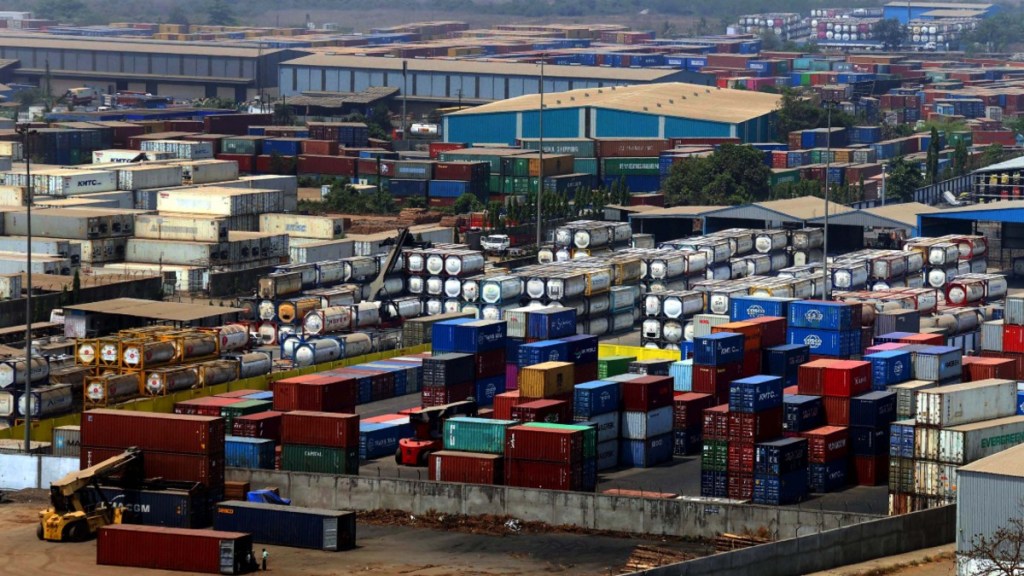The RBI has revised its growth estimates on global headwinds and now UBS has downgraded India’s FY26 GDP estimates to 6% from 6.3%. It is factoring in a 25 bps negative drag from tariff hikes. They expect a total 125 bps rate cut going forward as part of policy initiatives to support domestic growth and demand in India.
According to UBS, reciprocal tariff is a significant headwind for global growth and India is not immune to it. UBS estimates that the larger-than-expected tariffs announced by the US – if sustained – would considerably weigh on global growth,” triggering a 7.5 ppt contraction in global trade volumes.” UBS highlighted that, “Despite recent external headwinds, macro risks remain manageable and the structural growth story is intact in India. We continue to believe India – while not immune to the higher tariffs – is less at risk than Asia’s more open economies.”
Capex a concern says UBS
According to Tanvee Gupta Jain, Chief India Economist at UBS Securities, While cyclical rural demand recovers on good crop prospects and urban demand stabilises on softening inflation and rate cuts, “there could be a further delay in private corporate capex recovery due to weak corporate sentiment and the risk of China offloading excess capacity in the manufacturing sector.”
Will Indian exports take a hit?
UBS also expects “India’s goods exports could take a meaningful hit due to weaker global growth. Our base-case forecast assumes that India could offer more tariff cuts on US imports and increase purchases of US goods, including energy and defence equipment at the expense of Russia.”
In addition, they assume global oil prices to hold up in FY26, “which would bode well for India’s macro stability and economic growth prospects. That said, the margin of error in our growth estimates has increased due to the uncertainties relating to the duration of the higher US tariffs, potential retaliation and exchange rate movements,” added Gupta.
UBS hopeful of additional policy support
The global backdrop continues to be uncertain and UBS expects a boost in policy support strengthening India’s domestic growth momentum with monetary and fiscal policy should be India’s main focus, in our view. Even before the tariff announcements, “we think India’s cyclical recovery was already underway as many of the economic headwinds from 2024 started to subside, including: a reversal in central government capex from down 35%YoY in H1 to up 26%YoY in H2 (Oct-Feb), proactive liquidity support, regulatory easing and rate cuts,” added Gupta.
UBS on inflation
UBS believes lower global oil prices and “offloading of excess China capacity in India at cheaper prices could result in lower inflation (UBS estimate: 4%YoY for FY26). We expect the easing cycle to be more pronounced and expect RBI to cut rates by a cumulative 125bps in this cycle (vs a prior estimate of 75bps).”
Considering the limited fiscal room, they expect that government will ensure that: a) it meets the FY26 capex targets of a 10%YoY increase laid out in the budget, and b) lower retail diesel and gasoline prices to help buoy households disposable income.

